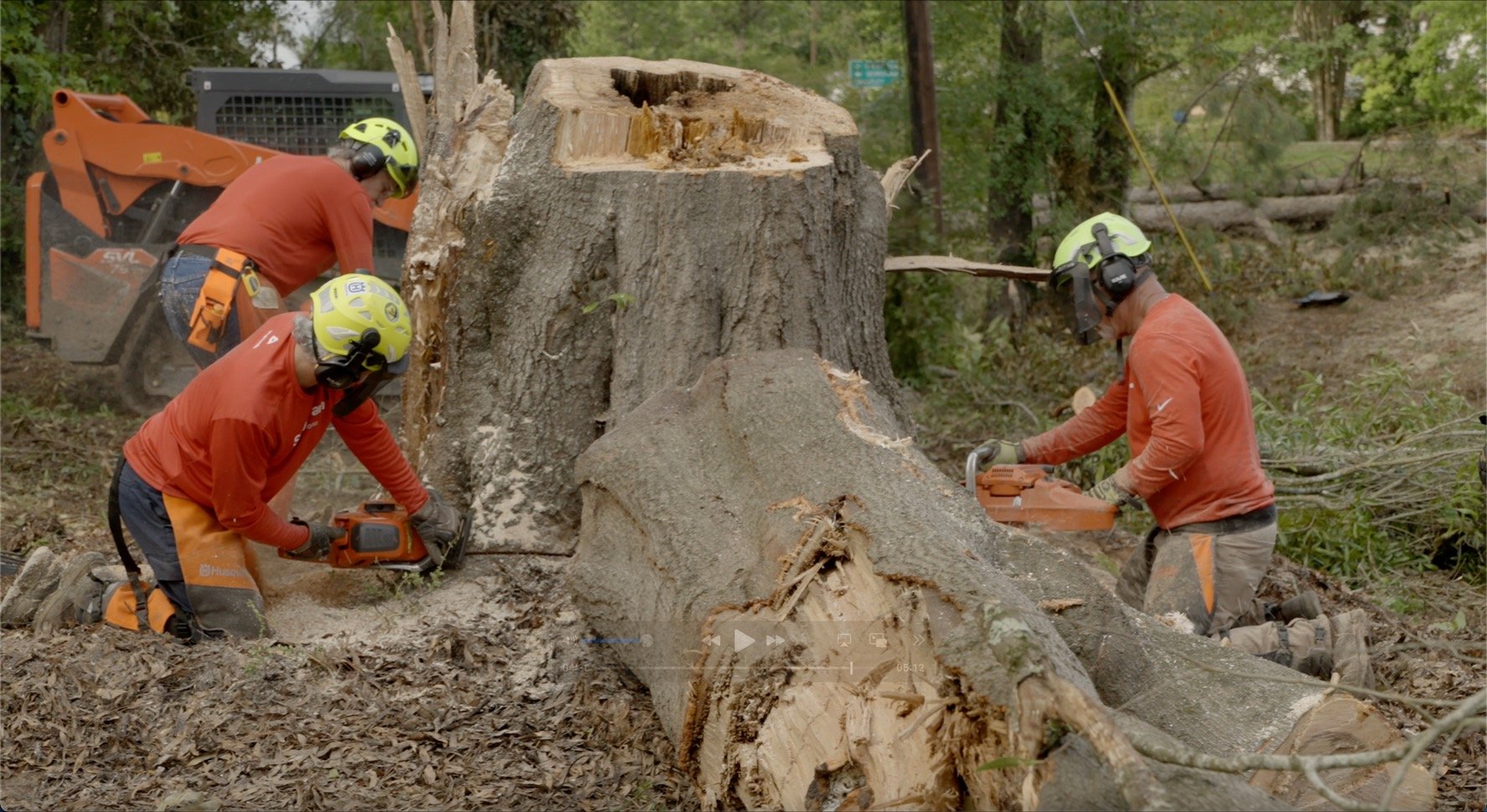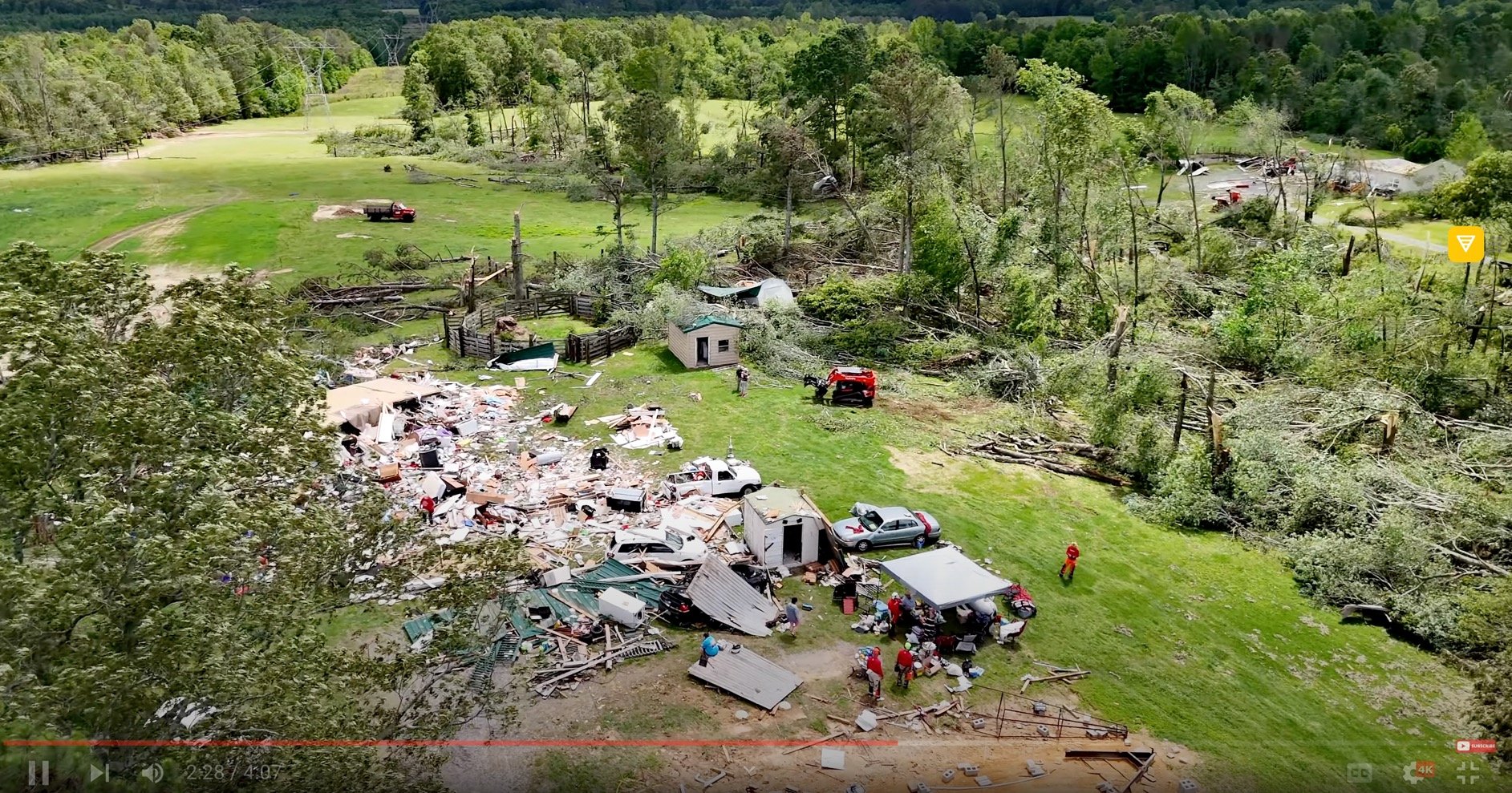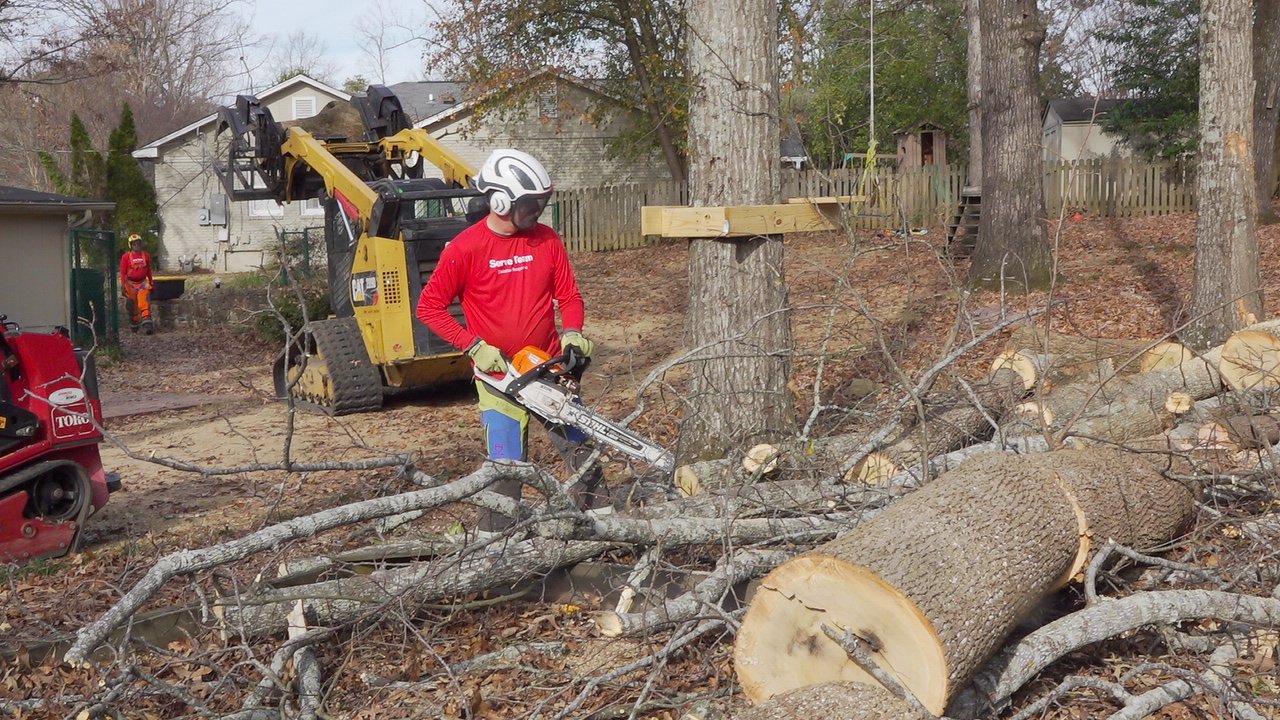
Disaster Response Ministry
Unfortunately, disasters happen more frequently than we would care to admit. The best way to minimize the effects of an impending disaster is to not be scared, but to be prepared. Disasters can affect anybody and when it does, some folks have no choice but to wait around for their local, state or federal government for rescue in their time of need. They often find that any requested help most times falls very short of solving more immediate needs and it could be weeks or months before insurance adjusters get there to help with property damage. In the meantime, there are still physical, mental and spiritual needs that remain unmet.
In the distant past, it was “neighbors-helping-neighbors” and was a time where churches played more of a leading role in responding to disasters more so than any government program or even insurance. Additionally, there weren’t as many unscrupulous subcontractors swooping in to take advantage of homeowners when the homeowner is most vulnerable and in their lowest state.
While the role churches serve is not typically one of first responders or even long-term rebuilding programs, they more readily fit as second responders, after most all medical emergencies, fire, earthquake or flood rescues have been conducted. Homeowners still have both physical, emotional and spiritual needs that need to be addressed. This is a perfect opportunity for churches and faith-based organizations to respond as Christ would, in a servants role, ministering to the helpless and those in need who are struggling both physically and emotionally.
As a part of the Great Commission, this is an excellent opportunity for the churches to come together (regardless of denomination) to serve the needs of not only their congregation but an opportunity to minister and take Christ to those in need, the lost or unreached, regardless of their faith or faithlessness. In fact, the ministerial aid is the most critical part of the process, bringing Christ into the picture, who brings peace unlike the world’s peace and healing in their time of grief and confusion.
I am proud to serve in a church that allocates resources and talent towards advancing a disaster response ministry. We as Christ’s servants, are His hands and feet and are charged with the responsibility of sharing His love for us as we administer help to these people in need.
Illustrated below are a few videos of the team and of a few serves (Click on the pictures to go to the event videos):
Selma, Alabama Serve - August 2024
Georgiana, Alabama Serve - May 2024
Henagar, Alabama Serve - May 2024
Equality, Alabama Serve - October 2023
Birmingham, Alabama Serve - December 2023
Birmingham, Alabama Serve - December 2023
Birmingham, Alabama Serve - December 2023
Birmingham, Alabama Serve - December 2023
Highlands Disaster Response Training Series
Smart Collaborations
Most everyone who has served in a disaster event knows that responding to a disaster is a multi-disciplinary process with very few if any lone churches or faith-based organization can optimally handle all the response task lanes on its own. Being a master of all disaster lanes, may work on smaller-scale events, but larger-scale events, typically require collaborations with other disaster response providers.
While intentions are sound, in larger-scale disasters, there is duplication and inefficiencies or even over supplying a disaster area. This is where it collaborations through relationships with other disaster responders can elevate and optimize disaster response results. Collaboration through good communications, help better facilitate and coordinate the response. When disaster responders forge relationships and share best practices, everyone benefits. Listed below is the 2024 roundtable that brought together churches and church leaders with non-profit faith-based disaster response organizations to share information and forge new relationships that should prove great value in improvement of the overall response to larger scale disasters.
2024 Disaster Response Relational Network 2024 Roundtable
Serve Source is one organization that does a great job of helping connect disaster responders.










